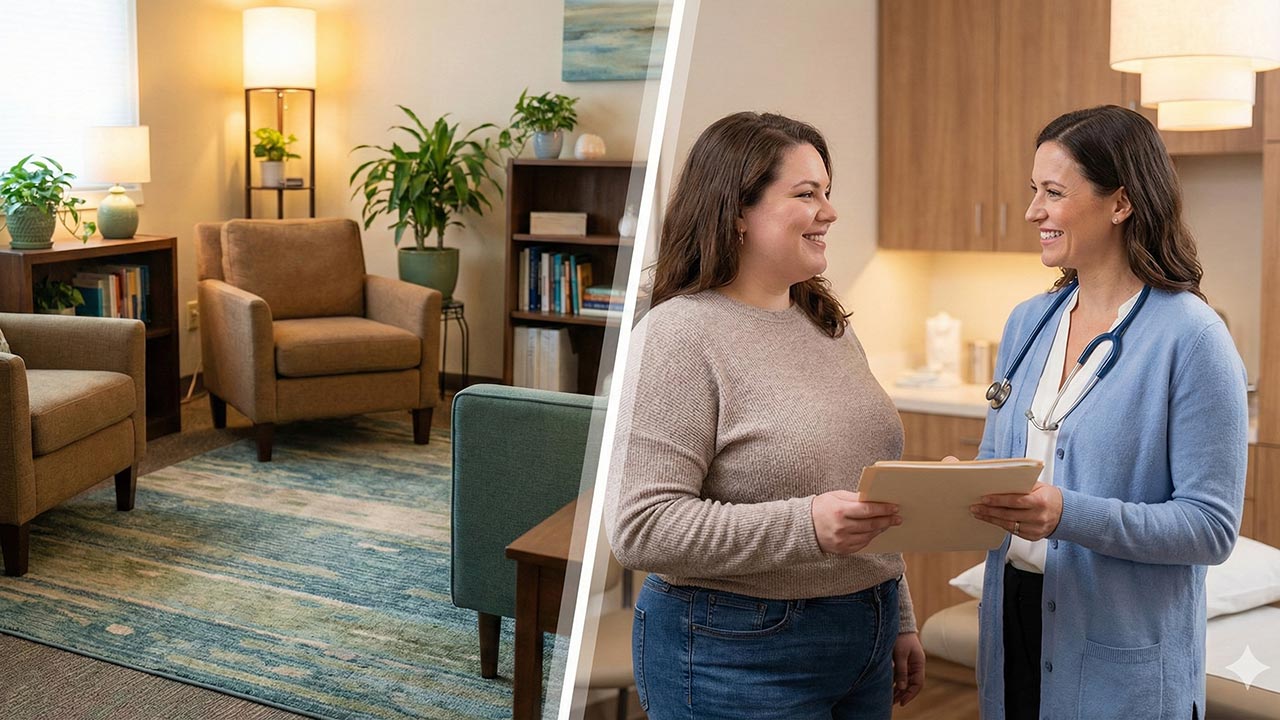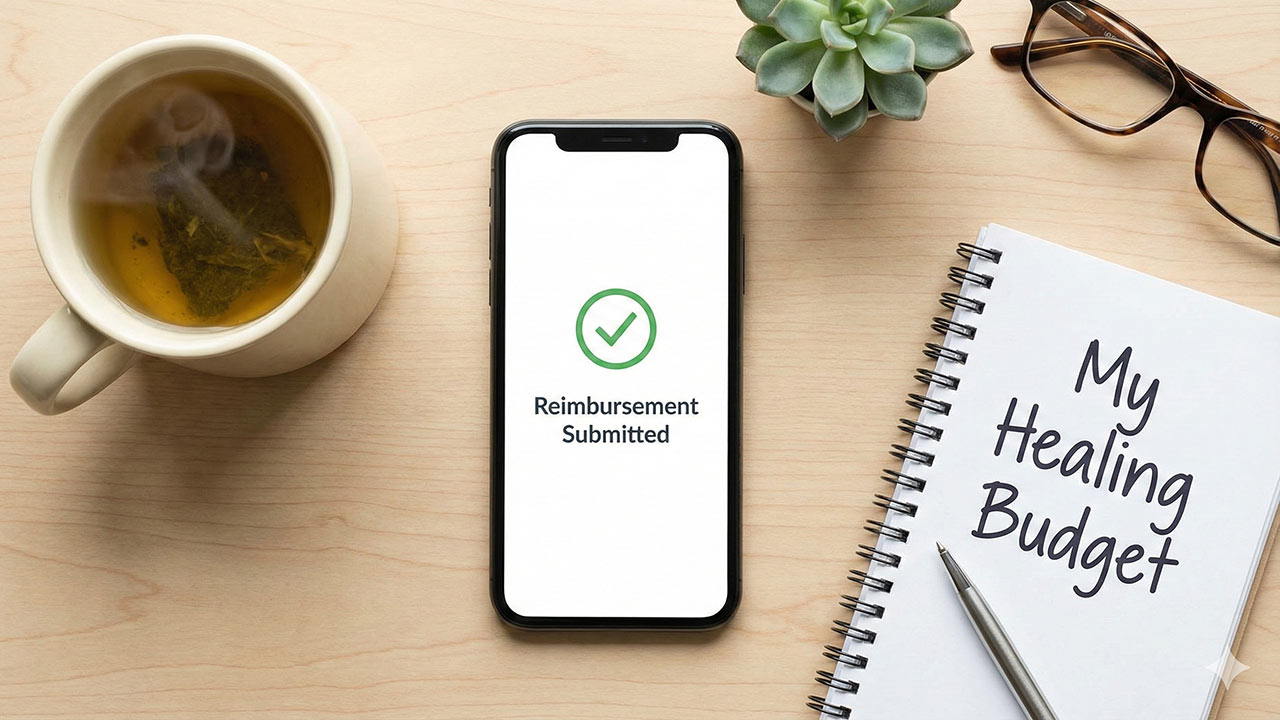Depression is a common mental health condition that affects millions of people worldwide. While it can be a debilitating condition, many people are hesitant to seek help due to the stigma surrounding therapy for depression. This stigma often prevents individuals from getting the support they need, severely affecting their mental health and overall well-being.
The truth is that therapy for depression can be a highly effective way to improve one’s mental health and quality of life. However, it is essential to break down the stigma surrounding this type of treatment to encourage more people to seek help when needed. This blog post will explore the benefits of therapy for depression and provide tips for finding the right therapist for your needs. By addressing concerns and misconceptions about therapy, we hope to encourage more individuals to seek the support they need to improve their mental health and break free from the grip of depression.
Understanding Depression
Depression is a common mental health condition that affects how a person thinks, feels, and behaves. It can impact every aspect of one’s life, from work and relationships to physical health and overall well-being. While many people occasionally experience sadness or low mood, depression is a more intense and persistent condition that can significantly interfere with daily life.
The symptoms of depression can vary from person to person, but some of the most common include:
- Persistent feelings of sadness or emptiness
- Loss of interest in activities once enjoyed

- Difficulty sleeping or sleeping too much
- Fatigue or lack of energy
- Changes in appetite and weight
- Difficulty concentrating or making decisions
- Feelings of worthlessness or guilt
- Thoughts of death or suicide
There are a variety of factors that can contribute to the development of depression. Some of the most common causes include:
- Genetics: A family history of depression can increase one’s risk of developing the condition.
- Brain Chemistry: Imbalances in certain neurotransmitters, such as serotonin and dopamine, can contribute to depression.
- Environmental Factors: Trauma, stress, and significant life changes can contribute to depression.
- Medical Conditions: Chronic pain, illness, and other medical conditions can increase the risk of depression.
- Substance Abuse: Alcohol and drug abuse can contribute to depression.
Understanding the causes and symptoms of depression is an essential first step in seeking treatment and improving one’s mental health. With the help of therapy and other interventions, many individuals can manage their symptoms and lead fulfilling, meaningful lives.
Types Of Therapy For Depression
Several types of therapy are commonly used to treat depression. Each approach has its unique focus and techniques, but all aim to help individuals understand and manage their symptoms to improve their mental health and overall well-being. Some of the most common types of therapy for depression include:
Cognitive-Behavioural Therapy (CBT): focuses on identifying and changing negative thoughts and behavior patterns contributing to depression. Through CBT, individuals learn to challenge and reframe negative thoughts and beliefs and develop new coping skills to manage their symptoms.
Psychodynamic Therapy: This type of therapy focuses on exploring the unconscious mind and unresolved conflicts from the past that may be contributing to depression. By gaining insight into these underlying issues, individuals can better understand their emotions and behaviors and learn new ways to manage them.
Interpersonal Therapy: This type of therapy focuses on improving relationships and communication skills to reduce symptoms of depression. By addressing issues such as social isolation and relationship conflicts, individuals can enhance their social support network and reduce feelings of loneliness and hopelessness.
Dialectical Behaviour Therapy (DBT): This type of therapy is often used to treat individuals with severe or chronic depression and those with borderline personality disorder. DBT focuses on developing skills for managing intense emotions and improving interpersonal relationships.
Group Therapy: This type of therapy involves working with a therapist and other individuals with similar experiences in a group setting. Group therapy can provide a supportive and collaborative environment for individuals to share their experiences and learn from one another.
Ultimately, the type of therapy best suited to an individual’s needs will depend on various factors, including their symptoms’ severity, personal preferences, and the therapist’s expertise. Working with a qualified mental health professional can help individuals identify the best approach for their unique situation.
Benefits Of Therapy For Depression
Therapy can be a precious tool for individuals struggling with depression. While each person’s experience with therapy will be different, some of the key benefits of therapy for depression may include the following:
Improved Mood: Therapy can help individuals learn to manage their symptoms of depression and improve their mood, leading to a greater sense of happiness and well-being.
Increased Self-Awareness: Through therapy, individuals can gain a deeper understanding of their emotions, behaviors, and thought patterns, which can help them better manage their symptoms and develop healthy coping strategies.
Enhanced Coping Skills: Therapy can help individuals develop new skills and strategies for managing stress, anxiety, and other challenges contributing to depression.
Improved Relationships: By addressing interpersonal issues and improving communication skills, therapy can help individuals build stronger, more fulfilling relationships and reduce feelings of social isolation.
Reduced Risk Of Relapse: Through therapy, individuals can learn to recognize and manage the early signs of depression, reducing the risk of relapse and improving long-term outcomes.
Better Physical Health: Depression can harm physical health, but therapy can help individuals manage their symptoms and develop healthy habits that promote overall well-being.
Addressing Concerns About Therapy For Depression
While therapy can be an effective tool for managing depression, it’s common for individuals to have concerns or reservations about seeking treatment. Some of the most common problems with therapy for depression include the following:
Stigma: There is still a significant amount of stigma surrounding mental health issues and therapy, making individuals hesitant to seek treatment. However, it’s important to remember that seeking help for depression is a sign of strength, not weakness.
Cost: Therapy can be expensive, and many individuals may be worried about the financial burden of seeking treatment. However, many therapists offer sliding scale fees or accept insurance and low-cost or free resources are available through community mental health clinics and non-profit organizations.
Time Commitment: Therapy can require a significant time commitment, which can be challenging for individuals with busy schedules. However, many therapists offer flexible scheduling options, such as evening or weekend appointments, to accommodate their clients’ needs.
Fear Of Judgment: It’s not uncommon for individuals to worry about being judged or criticized by their therapist. However, it’s important to remember that therapists are trained to provide a safe and non-judgmental environment for clients to explore their thoughts and feelings.
Skepticism About Effectiveness: Some individuals may be skeptical about the efficacy of therapy, particularly if they have not had positive experiences with mental health treatment in the past. However, numerous studies have shown that therapy can be an effective tool for managing depression and improving overall well-being.
Finding The Right Therapist For You
Finding the right therapist for you is integral to the therapeutic process. Here are some steps you can take to find a therapist who is a good fit:
Identify Your Needs: Before beginning your search for a therapist, it can be helpful to identify your specific needs and goals for therapy. Consider what type of therapy you’re interested in, your preferred gender and age range for a therapist, and any other essential factors.
Ask For Recommendations: Ask friends, family members, or your primary care physician for recommendations of therapists they trust and have had positive experiences with.
Check Credentials: Make sure any therapist you’re considering is licensed or certified in your state and has experience working with individuals with depression.
Please Do Your Research: Look up potential therapists online and read their profiles, reviews, and any articles or interviews they’ve written. This can give you a sense of their approach to therapy and their experience working with individuals with depression.
Consider Logistics: Consider logistics such as location, availability, and cost when choosing a therapist. Consider whether you’re willing to travel to see a therapist, your schedule, and whether you can afford the cost of therapy.
Schedule A Consultation: Many therapists offer free consultations to prospective clients. This can be an excellent opportunity to ask questions, understand the therapist’s style and approach, and determine whether you feel comfortable working with them.
In conclusion, breaking the stigma surrounding therapy for depression is crucial in promoting mental health and well-being. Seeking help for depression is not a sign of weakness but rather a sign of strength and a proactive step toward improving one’s quality of life. The benefits of therapy for depression are numerous, including improved mood, increased self-awareness, enhanced coping skills, improved relationships, reduced risk of relapse, and better physical health.
If you or someone you know is struggling with depression, seeking help from a qualified mental health professional is essential. By finding the right therapist and committing to the therapeutic process, it’s possible to overcome depression and live a more fulfilling life.
Remember, help is available, and there is no shame in seeking it. If you need support or would like to speak with a mental health professional, don’t hesitate to contact a mental health clinic or non-profit organization. Together, we can break the stigma surrounding therapy for depression and support each other in achieving optimal mental health and well-being.














